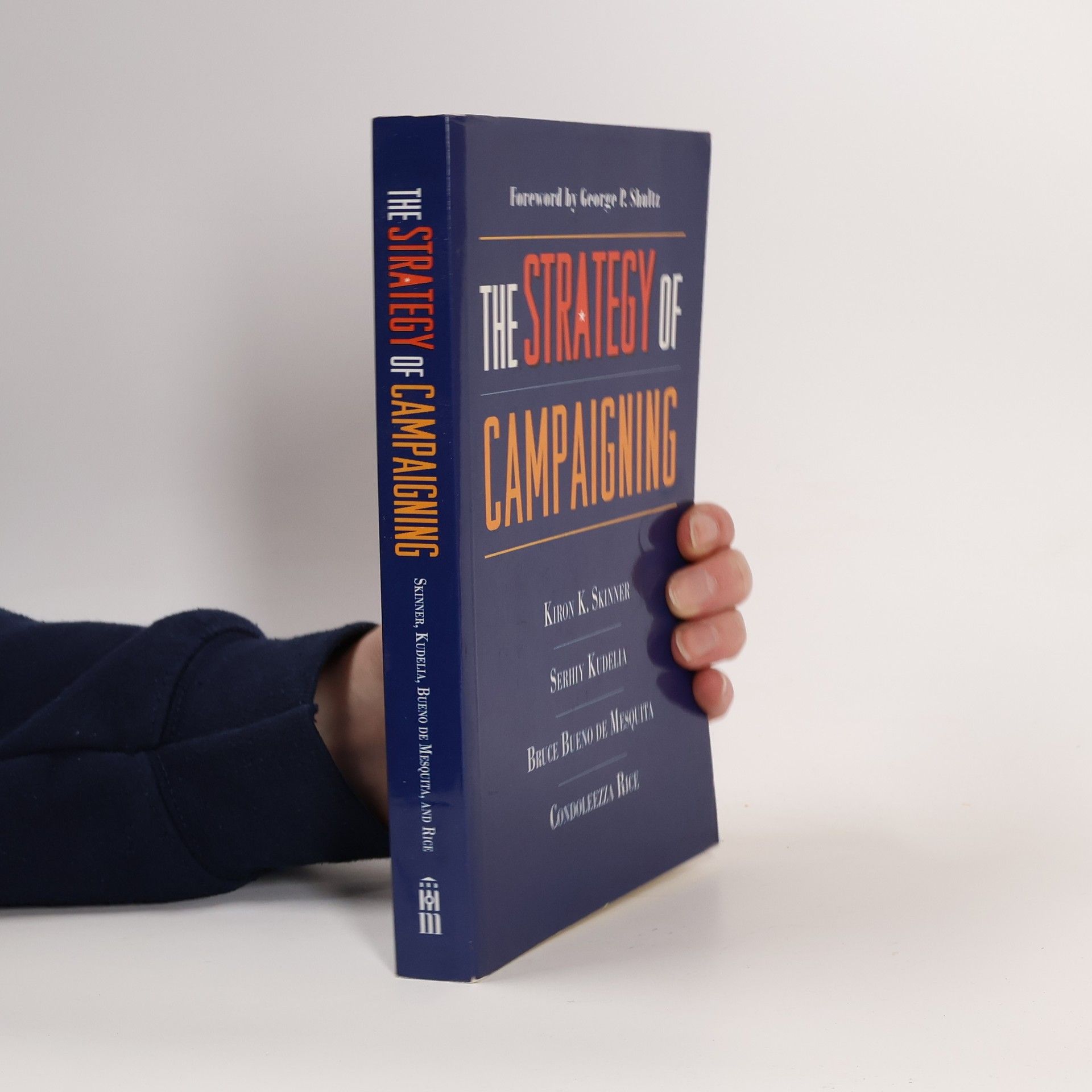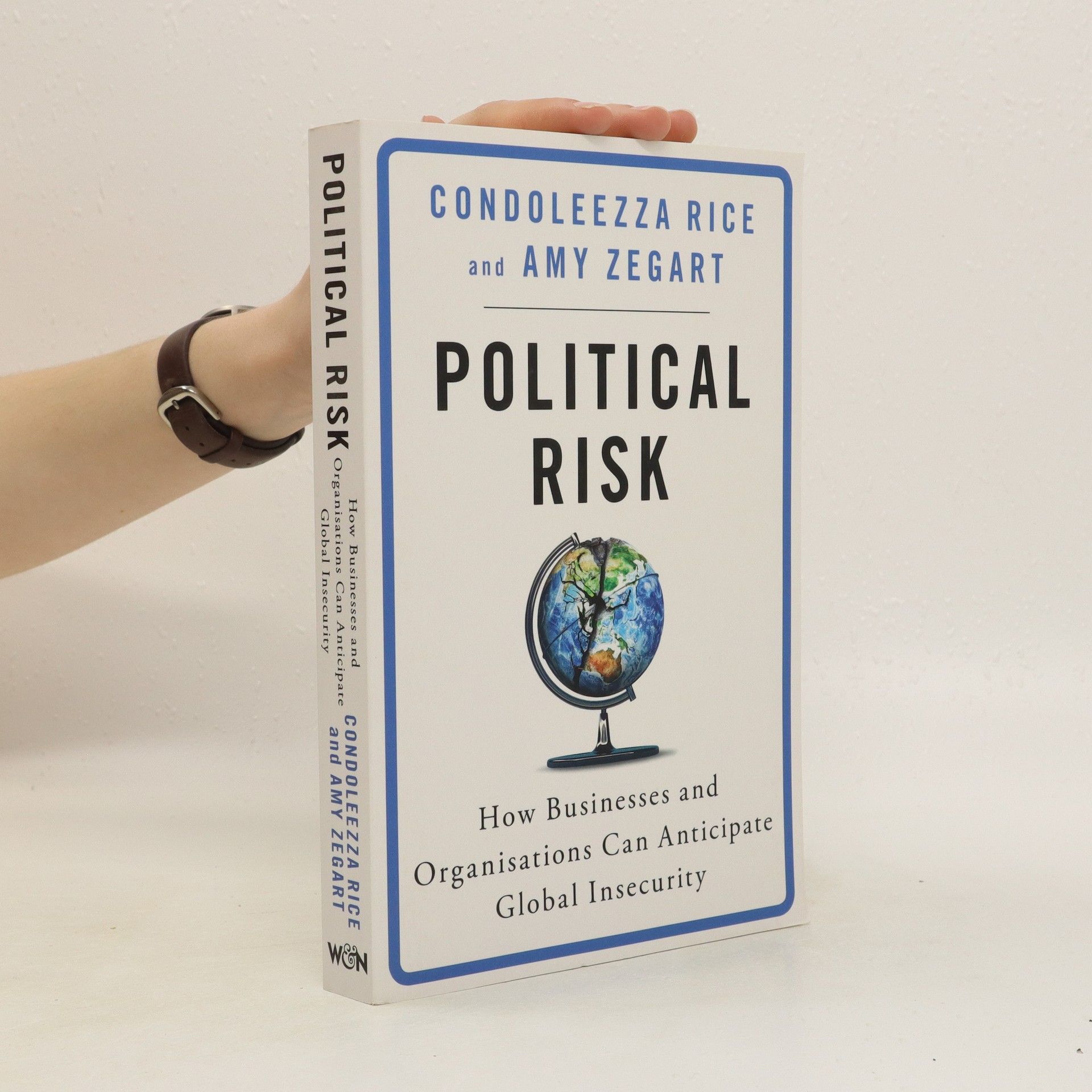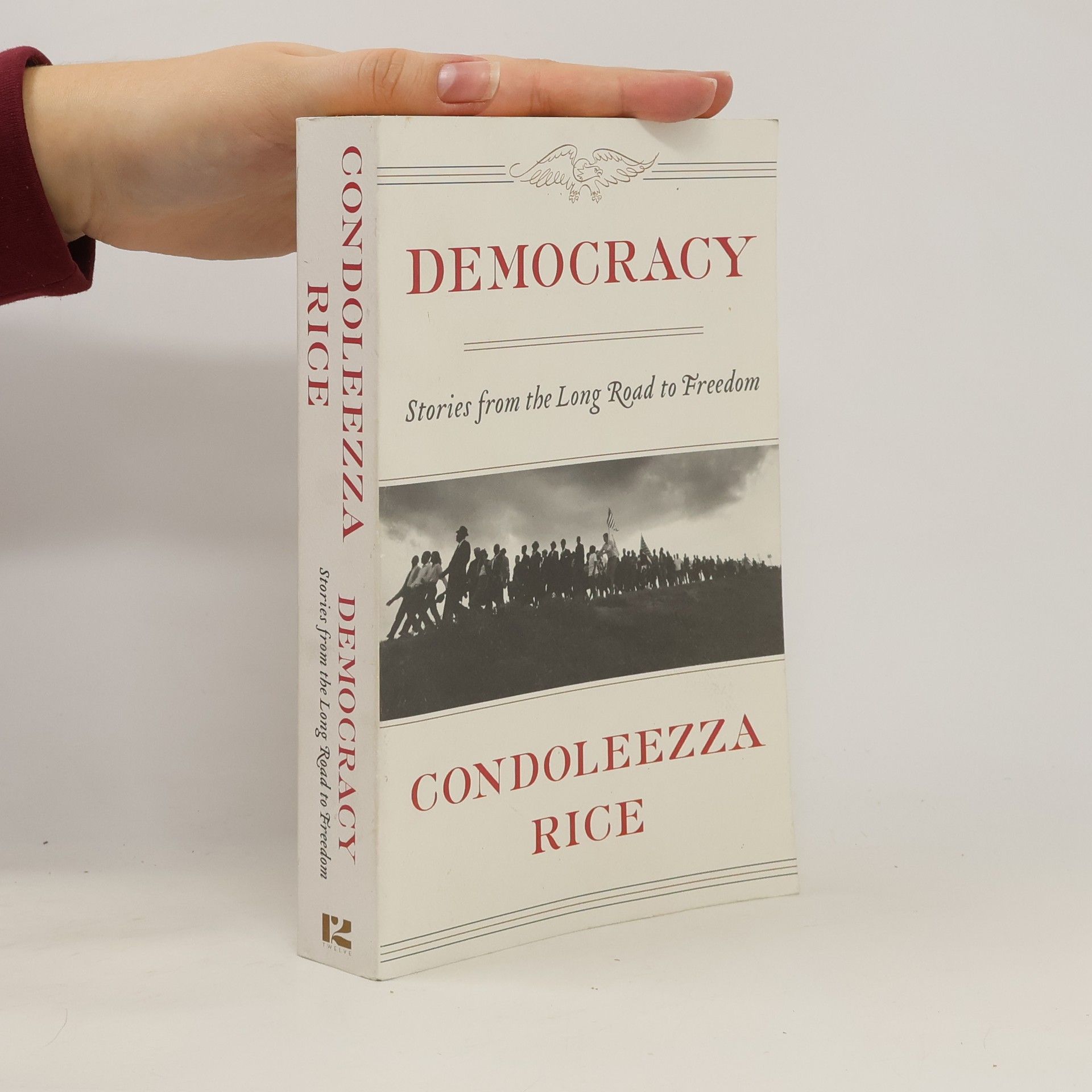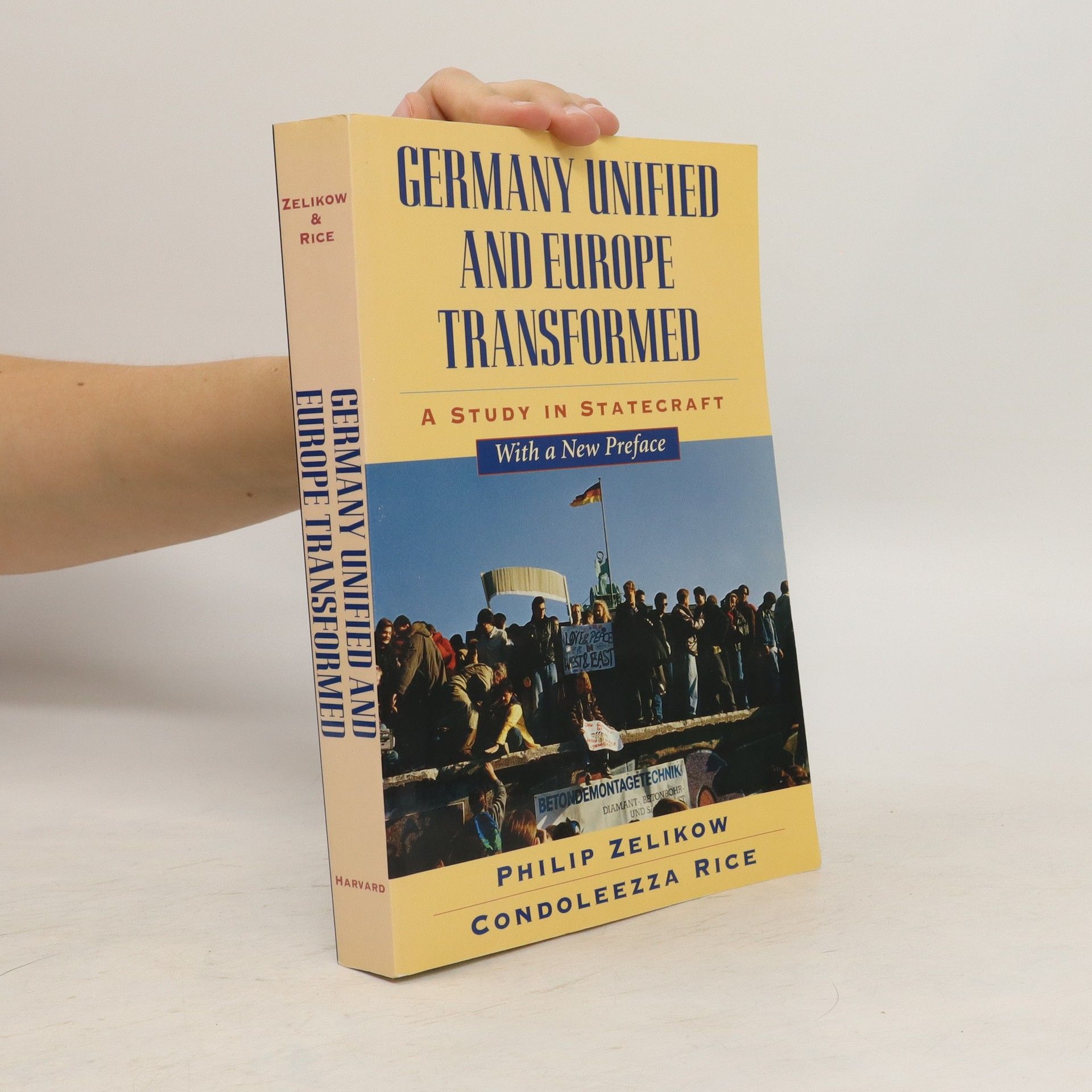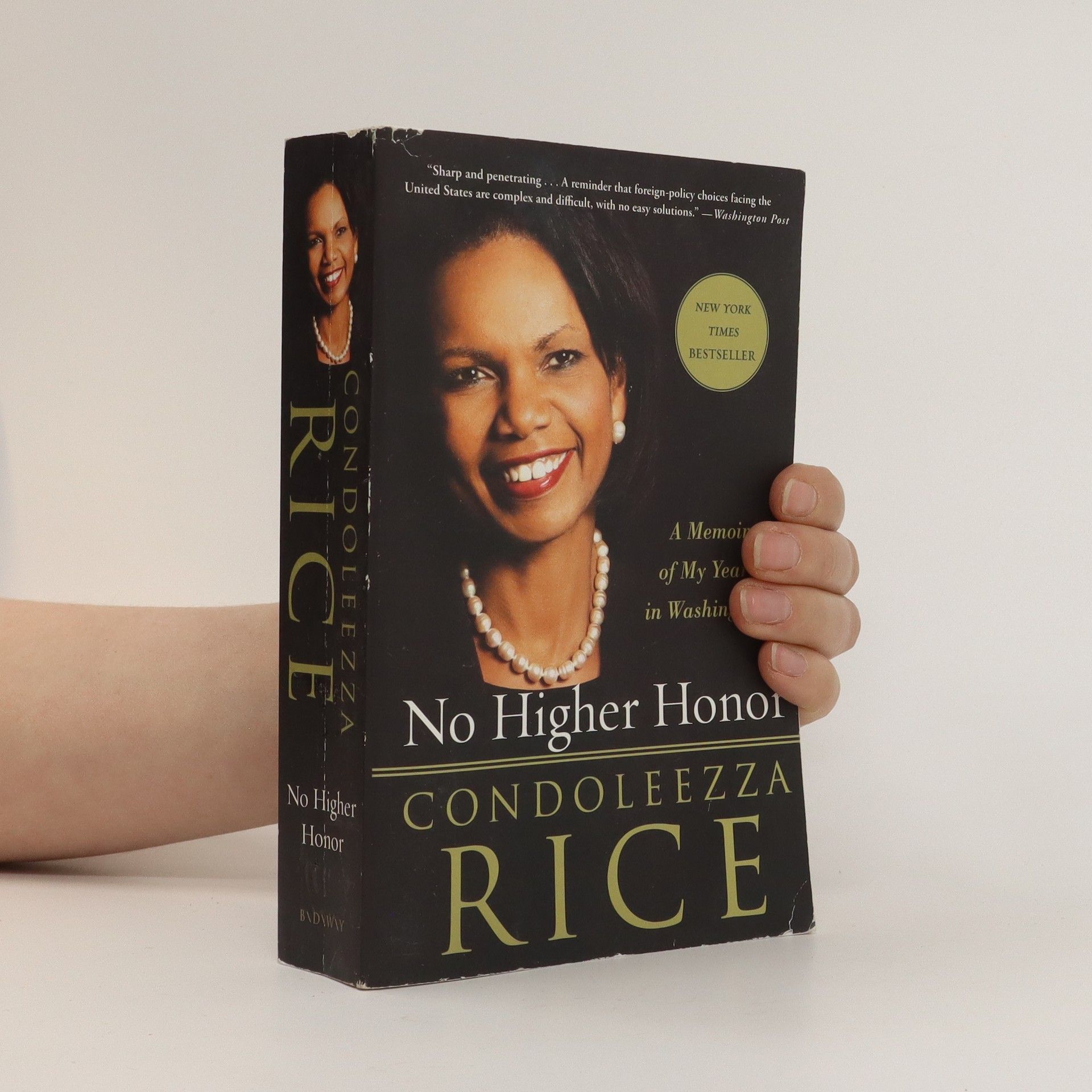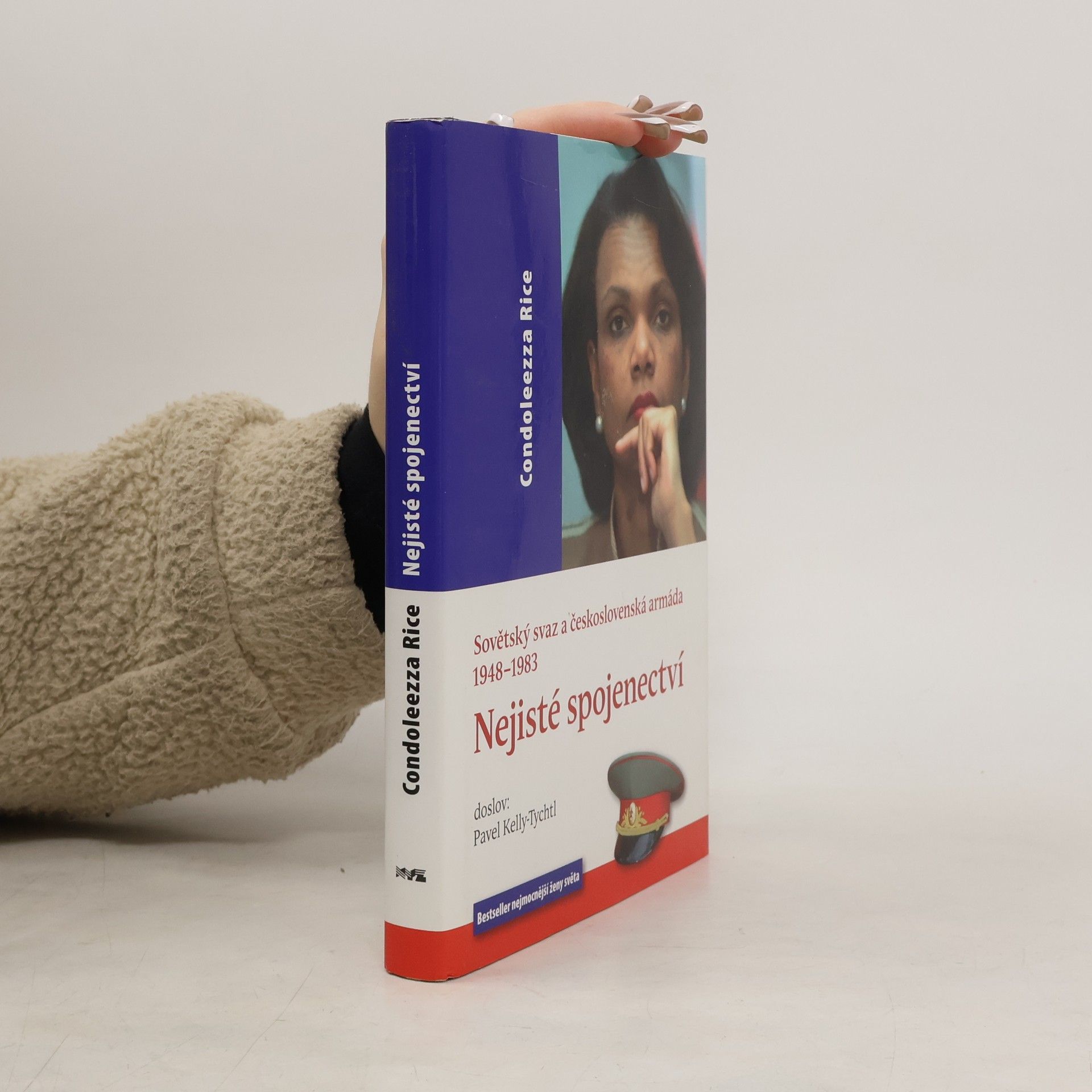No Higher Honor
- 784pages
- 28 heures de lecture
From one of the world's most admired women, this compelling story recounts eight years at the highest levels of government by former National Security Advisor and Secretary of State Condoleezza Rice. As America's chief diplomat, Rice traveled extensively, seeking common ground among adversaries and achieving significant diplomatic milestones. A Birmingham, Alabama native, she overcame the racism of the Civil Rights era to become a prominent academic and foreign affairs expert, advising George W. Bush during the 2000 presidential campaign. Following his election, she became his chief adviser on national-security issues, a role that strengthened her bond with the President and made her one of his closest confidantes. After the September 11, 2001, terrorist attacks, Rice was at the forefront of the Administration's efforts to safeguard the nation, detailing the harrowing events of that day and the tumultuous aftermath. She also reveals insights into the debates leading to the wars in Afghanistan and Iraq. In 2004, Rice faced intense scrutiny when she testified before the 9/11 Commission about the country's preparedness and response to the attacks. Her performance significantly influenced public perception of the Administration's competence during the crisis, and she reflects on the pressure of that moment and the unexpected praise she received afterward.

